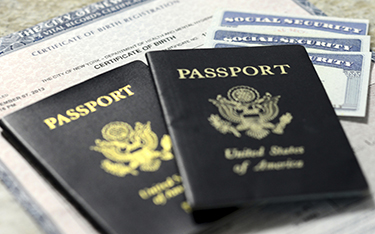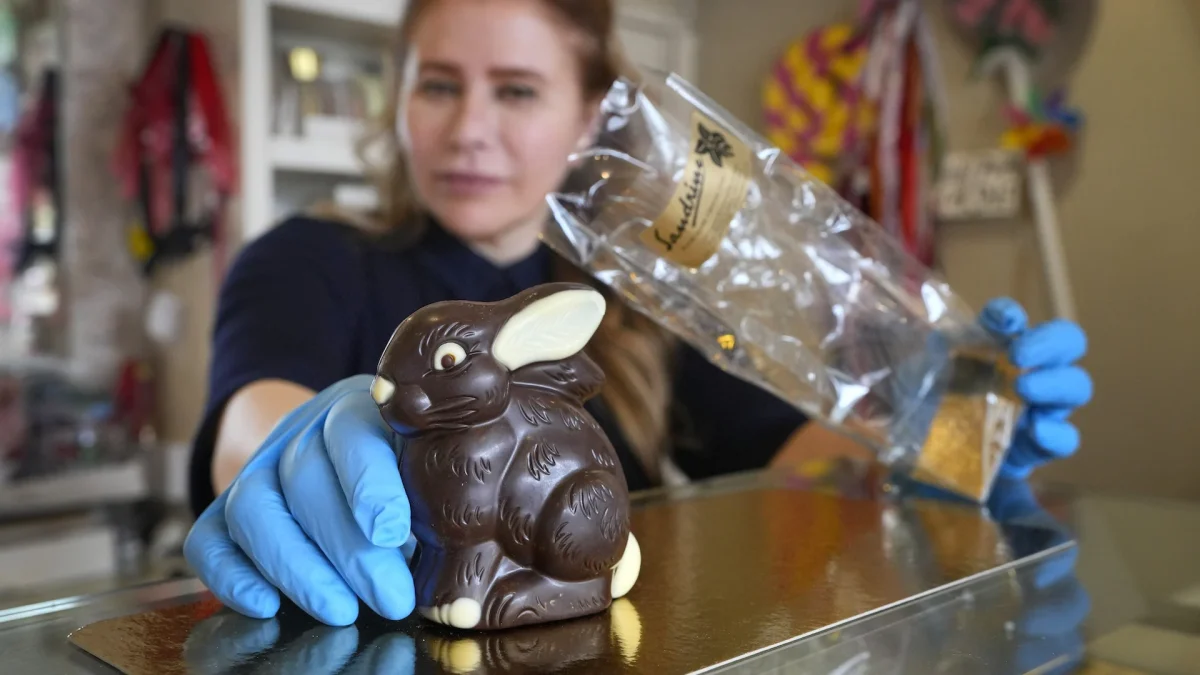February 10 marks the beginning of the Chinese New Year, also known as Lunar New Year. This event officially starts a 15-day festival, often including family reunions, dragon dances, red envelopes, and traditional food consumption. More importantly, Chinese New Year is celebrated by letting go of life’s old and negative things and welcoming the new and beautiful aspects. In the past century, the year of the dragon has appeared eight times – 1928, 1940, 1952, 1964, 1976, 1988, 2000, and 2012. In 2024, the Chinese zodiac will change to the Dragon, representing charismatic and gifted people in Chinese culture.
Among the most widespread celebrations during the Chinese New Year are its dragon dances, which are deeply rooted in Chinese culture. Dancers hold poles connected to a long piece of cloth that resembles a dragon, which dancers manipulate to mimic the movements of a dragon. Accompanying dancing, loud drums, cymbals, and gongs are added to complement the dragon’s movements. The purpose of the Chinese dragon dance is to turn away evil spirits and bring in good luck.
Children enjoy watching the dragon dance, but also love receiving money from others. Money exchange represents good wishes and luck for the new year ahead. During Chinese New Year, family members give children and their elders bright red envelopes with money, symbolizing energy and happiness; the red envelopes are filled with even amounts of cash for good luck. A reflection of Chinese culture is further evident in the Chinese calligraphy and the symbols on the envelopes. These red envelopes, also known as hong bao, bring joy to the receivers and reinforce the family bonds important in Chinese culture.
Chinese New Year is also a time for indulging in traditional Chinese dishes. These dishes include dumplings, fried rice, and proteins, such as pork, fish, or duck. Mayflower Restaurant and Koi Palace are two traditional restaurants in Dublin that serve dim sum, an essential staple of Chinese culture. Dim Sum is a traditional Cantonese dish that means ‘touch the heart’ in Chinese. The small portions were designed to touch the heart, not sate the appetite, and as such, were first enjoyed as snacks. However, these restaurants are usually packed during Chinese New Year, so if you want authentic Chinese food, it is important to come early.
Chinese New Year is the most important holiday in China and is widely celebrated worldwide. It is a time to eliminate the old and evil while welcoming the improved and promising year. People should clean and wear new clothes for this tradition. Through elaborate customs, Chinese New Year fosters a sense of joy and unity within communities worldwide. As families get together for the Chinese New Year, it is essential to remember the critical Chinese values.
Sources:





















